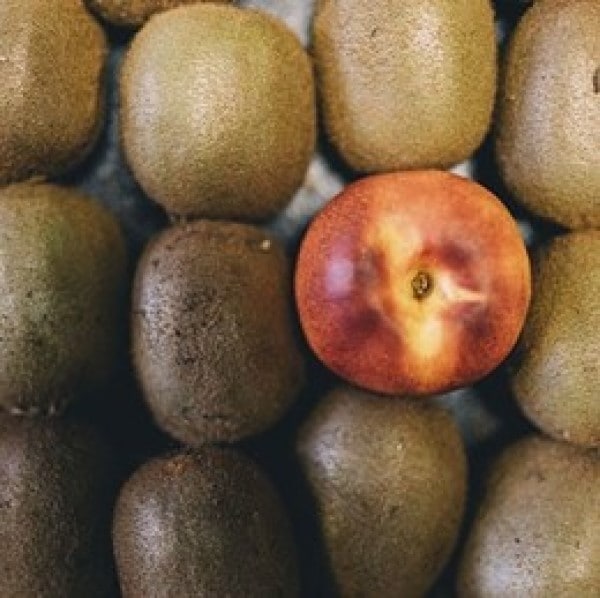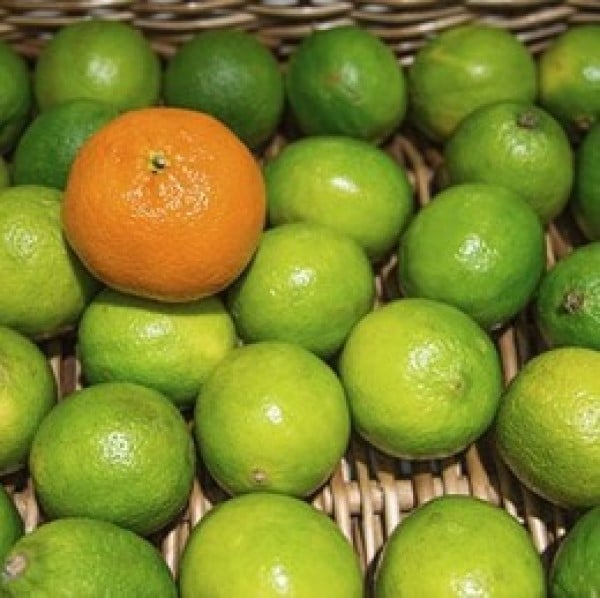CO-RO | Capabilities and Innovation
Beverage innovation through classic fruit flavours
The CO-RO Group oversees a globally distributed assortment of fruit-based soft drinks and ice lollies – triangular popsicles in multiple flavours. The company began with two brothers making treats in a kitchen outside Copenhagen in 1942. Today, CO-RO sells more than 3.5 billion servings per year in 80 countries. The core ingredients for its concentrates are still conceived and produced close to home, though. It’s part of a purposeful strategy that allows the company to preserve the feel of a small enterprise while growing its worldwide presence.
Keeping in step with consumers in places like Saudi Arabia, one of the company’s biggest markets, or in Bangladesh, where CO-RO holds majority ownership of a juice-making subsidiary, falls to innovation teams working from the company’s distinctive innovation center, the CO-RO Oval. The aptly shaped structure in Frederikssund, Denmark, houses research and development labs that are visible from multiple vantage points inside the complex. Informal meeting areas, workstations, and an atrium form part of an open plan designed to maximise interaction – fostering an innovation culture.
“You want to make a statement when suppliers visit that we are an innovative company, and we’ve built this habitat to foster that philosophy,” says Lee Taylor, the company’s executive vice president of innovation and global marketing. This philosophy underpins the company’s objective to generate 10% of annual sales through new innovations.

“When you commit to a project, you can't get cold feet because the weather changes.”
Regular exchange of ideas flows through CO-RO’s ideation group – a team led by executive committee members that considers suggestions from suppliers and different geographies on new products. Taylor offers examples such as packaging improvements including paper straws, or new flavor profiles for juice drinks. The company’s consumer innovation team takes those insights, analyses demand in specific markets, then decides whether to produce or enter into joint production agreements.
Like many large companies in Denmark, CO-RO is owned by a foundation – a nonprofit entity that provides long-term stability for the company and its employees. Global operations span a variety of business structures, from wholly owned companies to joint ventures, allowing CO-RO to adjust to a diversity of business conditions and economic pressures. For instance, in 2020, the company opened a concentrate production facility in Kenya for its Sunquick fruit drink brand, a joint venture project that had been in the works prior to the onset of the COVID-19 pandemic. Taylor says the company is confident that demand for fast-moving consumer goods such as the company’s drinks and frozen product can withstand the current crisis.
“When you commit to a project, you can't get cold feet because the weather changes,” Taylor says. “We still maintain that East Africa is a great place to do business.”
When tastes translate across borders, CO-RO uses its production capabilities to introduce or adapt existing products for new customers. For example, Taylor describes a Malaysian-marketed initiative that the company believed would also be popular for the Ramadan season in Saudi Arabia. Having the cultural familiarity of local markets and the logistics capabilities of a large organisation allows CO-RO to responsibly innovate on a global scale.
“We encourage this learning between regions,” Taylor says. “I can't overemphasise the importance of being small enough to be able to do that, but big enough that you can actually get things done. If you focus on the consumer and what's important, and you focus on the brands that you're making, you're going to do well.”
